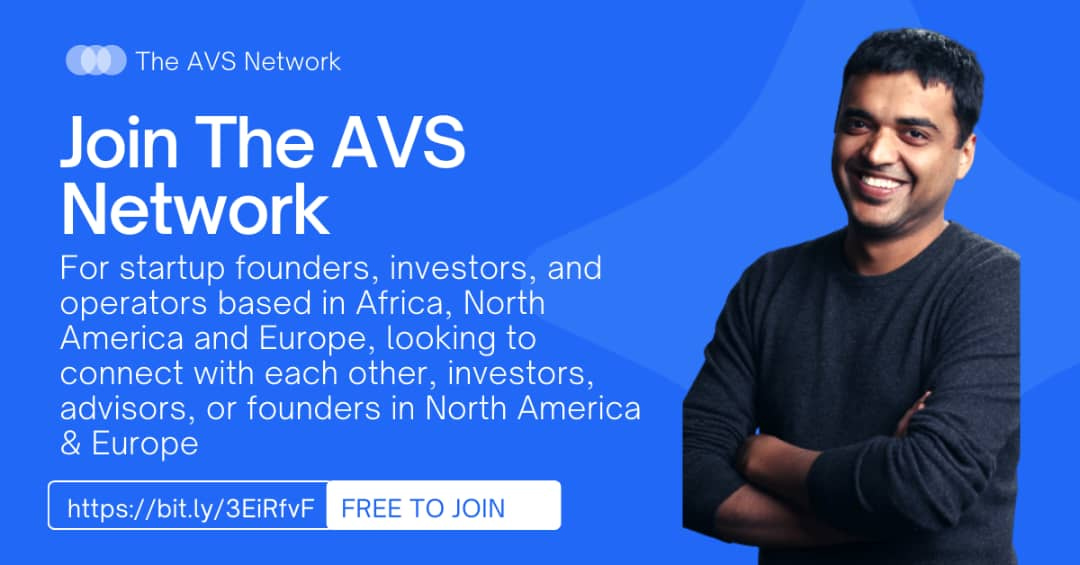#27 - VC Terms Startups and Emerging Fund Managers Need To Know - Part 1 of 3
The Agile Growth Entrepreneur Newsletter
Those who haven't been involved in the investment sector for a long time may be lost in the common terminology and acronyms. So, we have made a list of words and phrases that every good startup founder and emerging fund manager should know.
With any luck, you can use this as a resource and spare yourself any embarrassment when pitching investors or LPs (Limited Partners).
Fundraising
General Partner (GP)
General Partners (GP) handle venture capital funds. As a result, they have the last say on where the LPs' money is invested.
Limited Partner (LP)
A limited partner (LP) is a backer of a venture capital fund. In exchange for a return on their money, fund managers invest the money they get from limited partners (LPs), who usually don't have to do much else. A fund can have more than 99 limited partners (LPs), but often they cap it at 99.
Capital Call
Fund managers will issue a capital call (also known as a "drawdown") to their limited partners (LPs) when it is time for those LPs to make contributions to the fund. The GP usually has a predetermined timetable for this.
Capital calls are usually set up every six to twelve months, the same amount of time the fund takes to deploy its money. While GPs have the right to demand the full amount of cash up front, doing so may reduce the fund's internal rate of return (IRR) if the money sits in a bank account.
Minimum Subscription
When deciding whether or not to participate in a particular fund, limited partners (LPs) are often required to meet a minimum subscription before being considered for membership.
Accredited Investor
According to SEC rules, only "accredited investors" can put money into unpublicized businesses and funds. To be an accredited investor, a person needs to have at least one of the following:
Someone with a personal or combined net worth of above $1M (not including the value of their primary residence)
A two-year average of personal earnings over $200,000 or a joint annual average of $300,000, with the hope that this level of success would be maintained this year OR
Any of the Series 7, 62, or 65 licenses
Accredited investors are often the only ones accepted by funds.
General Solicitation
Rule 506(c) says that funds can talk openly about their fundraising efforts and let the public know about the fund.
While this can simplify the fundraising process, the LPs who contribute after the announcement need proof of their credentials. However, 506(b) funds, which can only ask a few people to invest, don't need their investors to show proof of accreditation. Instead, they can accept a verbal acknowledgment.
Qualified Client (QC)
To be considered a QC, an individual or organization must satisfy all of the following requirements:
After the fund investment, the adviser manages $1.1 million or more in assets.
A minimum of $2.2M in liquid assets (not including primary dwelling value) to invest in the fund.
Is a "qualified purchaser" (QP)
Is an officer or director of the fund manager or works for the investment adviser and has done so for at least 12 months
Accredited investors must have a higher net worth than qualified clients; hence eligible clients must also be accredited investors.
First Close
The point at which sufficient funds have been collected for the GP to begin making investments. It is highly suggested that you celebrate reaching this important milestone.
Fund Structure
Traditional Fund
The common practice for conventional funds is to raise all of their capital in one fell swoop, called the "First Close," and immediately put that money to use. When a fund is closed, it no longer accepts new limited partners (LPs).
Still, it is common for fund managers to keep their funds "open" for a while while they use the money they already have and look for new investors.
Rolling Fund
Launched by AngelList in 2020, rolling funds are quarterly funds. The limited partners (LPs) in such a fund subscribe by agreeing to invest $X every quarter (often with a minimum of 4–8 quarters). This gives fund managers more freedom to change the size of their funds and to raise and spend money from current and potential limited partners (LPs) on a regular basis.
Limited Partner Advisory Committee (LPAC)
The GPs will pick a group of LP representatives called the LP Advisory Committee (LPAC) to advise them on possible conflicts of interest and major changes to the fund. In many ways, LPACs serve the same purpose as a corporation's board of directors.
Portfolio Construction
How each fund's portfolio grows depends on things like the size of the fund, how the management fee is set up, the size of each check, how long it takes to use the money, and so on. Fund managers often utilize this structure, and LPs frequently request it to understand the investment's intended purpose.




